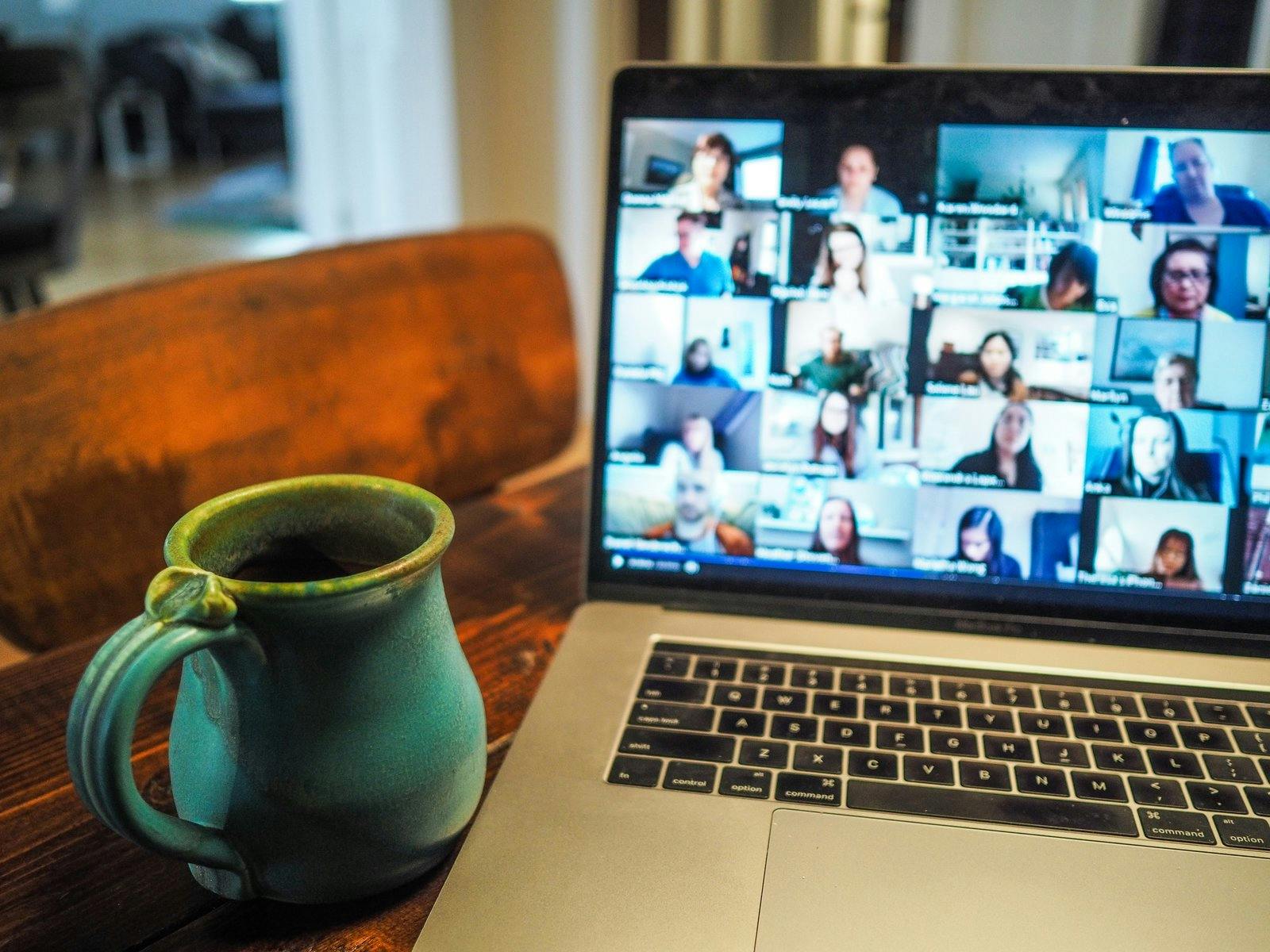
Nurole Guide: How to run a remote hiring process
How to hire someone for a board without meeting them in person, from three organisations who have recently done just that...
In the wake of the COVID-19 crisis, every company is getting to grips with doing things differently. Zoom calls, Slack updates and the phrase “the New Normal” have all become the New Normal. What does that mean for the hiring process when it’s not at all clear when face-to-face interviews will be possible again?
We spoke to three organisations – Starr Insurance Companies, Forest Holidays and Books Beyond Words – who have all recently hired new directors and trustees through Nurole without having interviewed them face-to-face. They generously shared their learnings and tips for other organisations weighing up how best to run a remote hiring process.
It all starts with attitude
The organisations we spoke to were hiring board members for different reasons, but they all shared the view that a completely remote hiring process was nothing to be scared of. For Phil Giddings, Starr’s Head of HR & Development, the inability to meet candidates threw only “a medium sized spanner in the works” and he was pleasantly surprised that his colleagues had far fewer apprehensions than he anticipated. He says there was never any real discussion about postponing the hire – “It was just a case of let’s get on with it. We have a global business and so we have an increasing familiarity with having to interview people remotely. There's a pragmatism to how this stuff works and success comes from that pragmatism.”
Think beyond the interview
One obstacle that can feel intimidating is the huge importance people still place on the face-to-face interview. But it’s important to think about hiring more holistically, and see the interview as just one part of the process. Mathew Maguire, Head of Commercial Development for Forestry England (which ran the Forest Holidays search) explained they use lots of different tasks to assess and compare candidates, from personality profiles and psychometric testing to scenario tests and in-box exercises. “We do lots of different things and a lot of them can be done remotely,” he says. “As long as you're clear and consistent in terms of what it is you are looking for, you are able to have really clear evaluations.”
In this way, the actual interview becomes less important in the overall scheme of things because those making the final decision have a lot more information on which to base their selections.
Preparation is key
When it does come to planning a video interview, it is worth spending more time than you normally would preparing how it will work. This is true even if you are part of an experienced interview panel that is used to face-to-face conversations. “It's a similar skill set, but it's not the same skill set,” Starr’s Phil Giddings explains.
“In terms of doing things remotely, you have to have that conversation about how exactly this is going to work and how are we going to interact. That pays dividends massively. Otherwise it can descend into people talking over the top of each other and become a bit of a mess. It’s good to have a little bit too much structure, and break out of that, rather than having not enough and it all goes to chaos.”
Both Phil and Nick Wright, the chief executive of the Books Beyond Words charity, recommend having a defined chairperson who makes sure it flows as naturally as possible because, Phil explains, “the flow is broken slightly by the technology.”
Less is more
Linked to the idea of preparation, Nick Wright also believes that it’s better to keep video interviews shorter than you might with a face-to-face session. In their recent trustee search, his team kept each interview to between an hour and 75 minutes. “I think there’s an element of burnout after an hour and a half,” he says. “That means you have to keep things on track and not waffle – it just requires a little bit of discipline.”
Stay engaged
While video conferencing tools are extremely developed these days, there are obviously still some differences between speaking to someone in the same room and speaking through a computer screen. These can be minimised, Mathew Maguire says, by making a little extra effort.
“You need to make sure the interviewers make a lot of eye contact with the camera so that you are actually seen to be talking to the candidate as though they were in the room,” he says. It’s not a good look to be constantly looking away at your papers, or slurping your coffee. “Use the video link so that the person can see you are engaged with them. Making them feel comfortable is important, so give them 100% attention.”
Getting to know you
One of the concerns people have about hiring someone without meeting them is losing that sixth sense we all use to read people when they are in front of us. In his book Talking to Strangers, Malcolm Gladwell argued persuasively that this intuition is far less reliable than we presume, and these signals can actually scramble our ability to make the best possible decisions. Phil Giddings says that on balance he would still prefer to meet someone if possible, but that the drawbacks to interviewing someone on video “ probably aren't as large as we thought they were.”
Interviewing, particularly at board-level, involves getting a sense of who someone is as well as what they say, but he believes that video interviews still allow this to happen. “You can pick up on all of those things, the intonation and how they mean something or what their face does when you ask them a particularly tricky question.” Mathew Maguire agrees. “If someone is trying to blag it on the video link, you can read that just as easily as you can in the room.”
For Nick Wright, it goes back to preparation. He made the effort to design certain parts of the interview to really delve into the candidates’ personalities. “We were asking them what their experience was with people with disabilities or autism," he says. "I think these personal questions really helped us get under the skin a little bit and we got a real sense of how they could empathise with our mission.”
Better for everyone
Of course it’s not just those on the hiring side of the table who have to adapt to this new way of doing things. But Mathew Maguire thinks that remote interviews can actually bring out the best in candidates. “I think candidates might prepare and communicate better,” he says. “Given that the line might be a bit crackly, they don’t want to be wooly with their answers. I think people make a conscious effort to be succinct and really get their point across because they aren’t able to instantly read the body language of the selection panel.”
Embrace the upsides
While it’s important to dispel some of the concerns organisations have around remote hiring, it’s also good to accentuate the positives. For Phil Giddings, he enjoyed the “significant gains in speed and efficiency” that come with not having to schedule a full raft of face-to-face interviews.
Mathew Maguire likes that remote hiring opens up the talent you can consider for your board. Forest Holidays hired before the COVID-19 lockdown was in place, but the successful candidate was the only one that was interviewed via video. “It’s up to you as the hiring body to set up the system so you get the best out of it,” Mathew says. “And I think if you do that, then the video link is a tool that actually enables you to get more people into the process. We got the best candidate by being flexible.”
Nick Wright is similarly positive. “The future is going to be much more remote, and so we are going to have to be a little more clever in our use of technology," he says. "We are all going to be working more at a distance, and therefore if you're going to be working in that way, then you might as well be interviewing in that way. Start practising what you preach!”
Nurole is the global platform changing the way organisations bring the best people on to their boards. Find out how it works for talented people looking for the best board level positions, and for organisations looking to hire the best board level talent.






